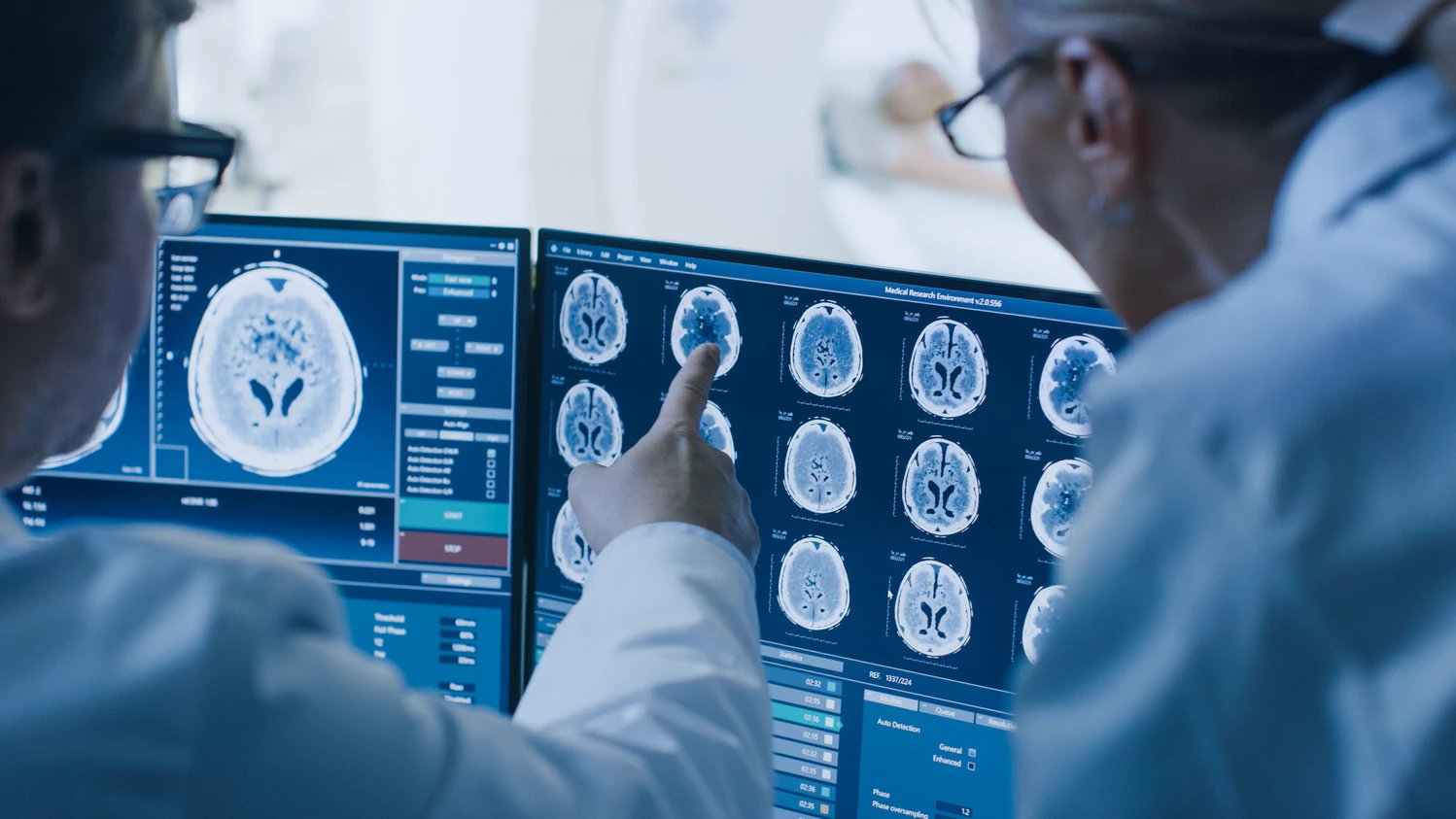XtalPi and CK Life Sciences Partner to Develop AI-Based Cancer Diagnostic Models
06 November 2023 | Monday | News

Image Source : Public Domain
With the help of AI and machine learning models, this collaborative engagement will hopefully lead to the development of more advanced and intelligent solutions for the processing and modeling of holistic multidimensional biomedical data, biomarker discovery, and postoperative recurrence risk prediction.
Modern experimental techniques have advanced significantly in clinical research, resulting in a wealth of data from various dimensions such as genomics, cell biology, and tissue analysis. This combination, empowered by the rapid development of artificial intelligence technologies, presents unprecedented opportunities for clinical research and drug discovery. Early diagnosis is a prime example where significant medical resources can be conserved through the development of better AI prediction methods. In recent years, with the continuous decrease in the cost of high-throughput sequencing, the industry has witnessed a steady increase in real-world mRNA and miRNA data accumulated in clinical treatment. AI algorithms offer new and exciting possibilities for extracting valuable insights from such large-scale complex data sets that are beyond the scope of human perception. This innovative approach has the potential to identify new disease biomarkers and facilitate the development of efficient models for molecular diagnosis. The application of AI in this context holds immense promise for accurately predicting postoperative prognosis and recurrence risk among cancer patients, while simultaneously reducing the wastage of valuable medical resources. As a result, this rapidly evolving field has garnered significant interest from healthcare professionals and industry experts alike.
XtalPi, an AI and robotics technology company with a proven track record of success in applying and developing cutting-edge algorithms in life science research, offers unique advantages and extensive experience in biological sequence data modeling, particularly in the areas of proteins and genes. CK Life Sciences is actively engaged in the R&D of therapeutic cancer vaccines and cancer diagnostics. With a repository of cancer biomarker and clinical data through years of clinical research, CK Life Sciences aims to leverage its expertise and strategic relationships to revolutionize cancer care, striving for improved patient outcomes through cutting-edge research in the field of cancer diagnostics.
In 2022, the two companies signed a collaboration to jointly develop a novel AI tumor vaccine R&D platform to improve the discovery and design capabilities of tumor vaccines and accelerate the development of more vaccine types. This new agreement will focus on a specific type of cancer, where XtalPi will build AI models based on an extensive collection of de-sensitized multi-dimensional molecular diagnostic data in CK Life Sciences' repository.
The primary objective of this project is to develop groundbreaking modeling capabilities for miRNA data. By doing so, XtalPi and CK Life Sciences aim to create clinically applicable, high-precision tumor diagnostic tools that can enhance physicians' ability to reliably assess postoperative cancer recurrence risks among patients and implement better-tailored treatment plans to improve patient survival rates and quality of life. Concurrently, the two companies will endeavor to identify crucial biomarkers and develop robust computational models for clinical diagnosis, disease management, and the discovery of novel therapeutics. The models and methods derived from this project will lay the foundation for future collaborations involving larger and more complex datasets.
In the future, the application of these models and tools holds the potential for encompassing a wide range of disease areas, with their usage extending to the analysis of heterogeneous omics data, including genomics, proteomics, and metabolomics. This will enable the integration of multi-modal data, such as genomics and imaging data, bolstering crucial applications such as biomarker identification, clinical diagnosis, novel drug discovery, and drug repositioning.
Most Read
- Innovations In Magnetic Resonance Imaging Introduced By United Imaging
- Management of Relapsed/Refractory Multiple Myeloma
- 2025 Drug Approvals, Decoded: What Every Biopharma Leader Needs to Know
- BioPharma Manufacturing Resilience: Lessons From Capacity Expansion and Supply Chain Resets from 2025
- APAC Biopharma Review 2025: Innovation, Investment, and Influence on the Global Stage
- Top 25 Biotech Innovations Redefining Health And Planet In 2025
- How Health Systems Are Reshaping Drug Adoption, Partner Models, and Market Access in 2026
- The New AI Gold Rush: Western Pharma’s Billion-Dollar Bet on Chinese Biotech
- Single-Use Systems Are Rewiring Biopharma Manufacturing
- The State of Biotech and Life Science Jobs in Asia Pacific – 2025
- Asia-Pacific Leads the Charge: Latest Global BioSupplier Technologies of 2025
- Invisible Threats, Visible Risks: How the Nitrosamine Crisis Reshaped Asia’s Pharmaceutical Quality Landscape
Bio Jobs
- The State of Biotech and Life Science Jobs in Asia Pacific – 2025
- Avantor’s New CEO Ligner Aims to Unlock Global Potential and Deliver Shareholder Value
- AstraZeneca Commits $50 Billion to U.S. Expansion by 2030 in Biggest-Ever Global Investment
- Thermo Fisher, SAMRC, and South Africa’s Department of Science and Innovation Launch CATIR to Nurture Next-Gen Scientists
- Cube Biotech Appoints Former Sartorius CEO Dr. Joachim Kreuzburg to Board of Directors
- FDA’s AI Transition Marks a Turning Point in Drug Review: Industry Faces Pressure to Adapt Amid 20% Workforce Cut
- WuXi XDC Completes Mechanical Build of Singapore Bioconjugate Manufacturing Hub
News
Editor Picks











